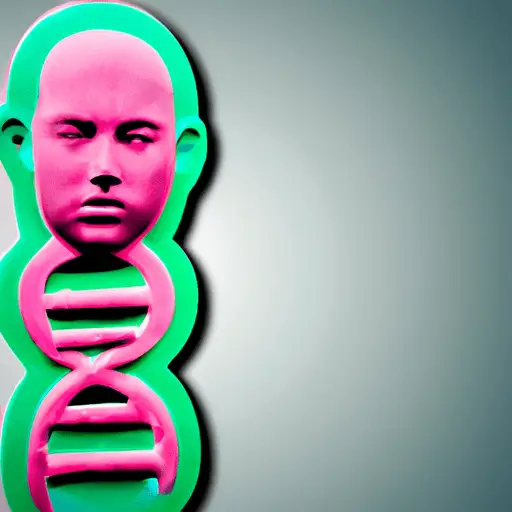Are Keloids Genetic?
-
Table of Contents
- Are Keloids Genetic?
- Key Takeaways
- Understanding Keloids
- The Genetic Link
- Racial and Ethnic Disparities
- Treatment Options
- Future Research
- FAQ Section
- 1. What are keloids?
- 2. Are keloids genetic?
- 3. Who is more likely to develop keloids?
- 4. Can keloids be cured?
- 5. What does future research hold for keloids?
- Conclusion
- Key Takeaways Revisited
Are Keloids Genetic?

[youtubomatic_search]
Key Takeaways
- Keloids are a type of scar that grows excessively due to an overactive healing process.
- There is a genetic component to keloids, with certain genes identified as being associated with their development.
- Individuals of African, Asian, and Hispanic descent are more likely to develop keloids.
- While there is no definitive cure for keloids, various treatments can help manage their appearance and symptoms.
- Research into the genetic basis of keloids could lead to more effective treatments in the future.
Understanding Keloids
Keloids are a type of scar that grows excessively due to an overactive healing process. They can develop after any injury to the skin, including cuts, burns, acne, and even minor scratches. Unlike regular scars, keloids do not stop growing once the wound has healed. Instead, they continue to grow, often becoming larger than the original wound.
The Genetic Link
Research has shown that there is a genetic component to keloids. Certain genes have been identified as being associated with the development of keloids, including those involved in the regulation of the immune response and wound healing. For example, a study published in the Journal of Investigative Dermatology found that variations in the gene HLA-A*02:06 were associated with an increased risk of developing keloids in a Japanese population.
Racial and Ethnic Disparities
Individuals of African, Asian, and Hispanic descent are more likely to develop keloids. This suggests that there may be genetic factors at play that make these populations more susceptible to keloids. However, the exact genetic mechanisms are not yet fully understood.
Treatment Options
While there is no definitive cure for keloids, various treatments can help manage their appearance and symptoms. These include corticosteroid injections, laser therapy, and surgical removal. However, even with treatment, keloids can recur.
Future Research
Research into the genetic basis of keloids could lead to more effective treatments in the future. By understanding the genes involved in keloid formation, scientists may be able to develop therapies that target these genes and prevent keloids from forming in the first place.
FAQ Section
1. What are keloids?
Keloids are a type of scar that grows excessively due to an overactive healing process. They can develop after any injury to the skin.
2. Are keloids genetic?
Yes, research has shown that there is a genetic component to keloids. Certain genes have been identified as being associated with their development.
3. Who is more likely to develop keloids?
Individuals of African, Asian, and Hispanic descent are more likely to develop keloids, suggesting a genetic predisposition.
4. Can keloids be cured?
While there is no definitive cure for keloids, various treatments can help manage their appearance and symptoms.
5. What does future research hold for keloids?
Research into the genetic basis of keloids could lead to more effective treatments in the future.
Conclusion
Keloids are a type of scar that grows excessively due to an overactive healing process. Research has shown that there is a genetic component to keloids, with certain genes identified as being associated with their development. Individuals of African, Asian, and Hispanic descent are more likely to develop keloids, suggesting a genetic predisposition. While there is no definitive cure for keloids, various treatments can help manage their appearance and symptoms. Research into the genetic basis of keloids could lead to more effective treatments in the future.
Key Takeaways Revisited
- Keloids are a type of scar that grows excessively due to an overactive healing process.
- There is a genetic component to keloids, with certain genes identified as being associated with their development.
- Individuals of African, Asian, and Hispanic descent are more likely to develop keloids.
- While there is no definitive cure for keloids, various treatments can help manage their appearance and symptoms.
- Research into the genetic basis of keloids could lead to more effective treatments in the future.
[youtubomatic_search]


